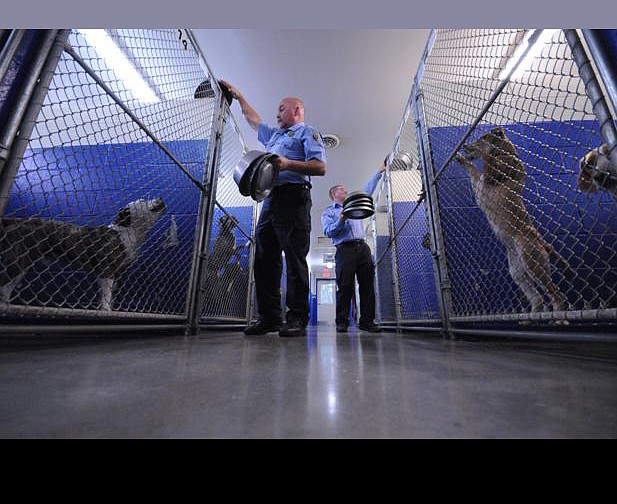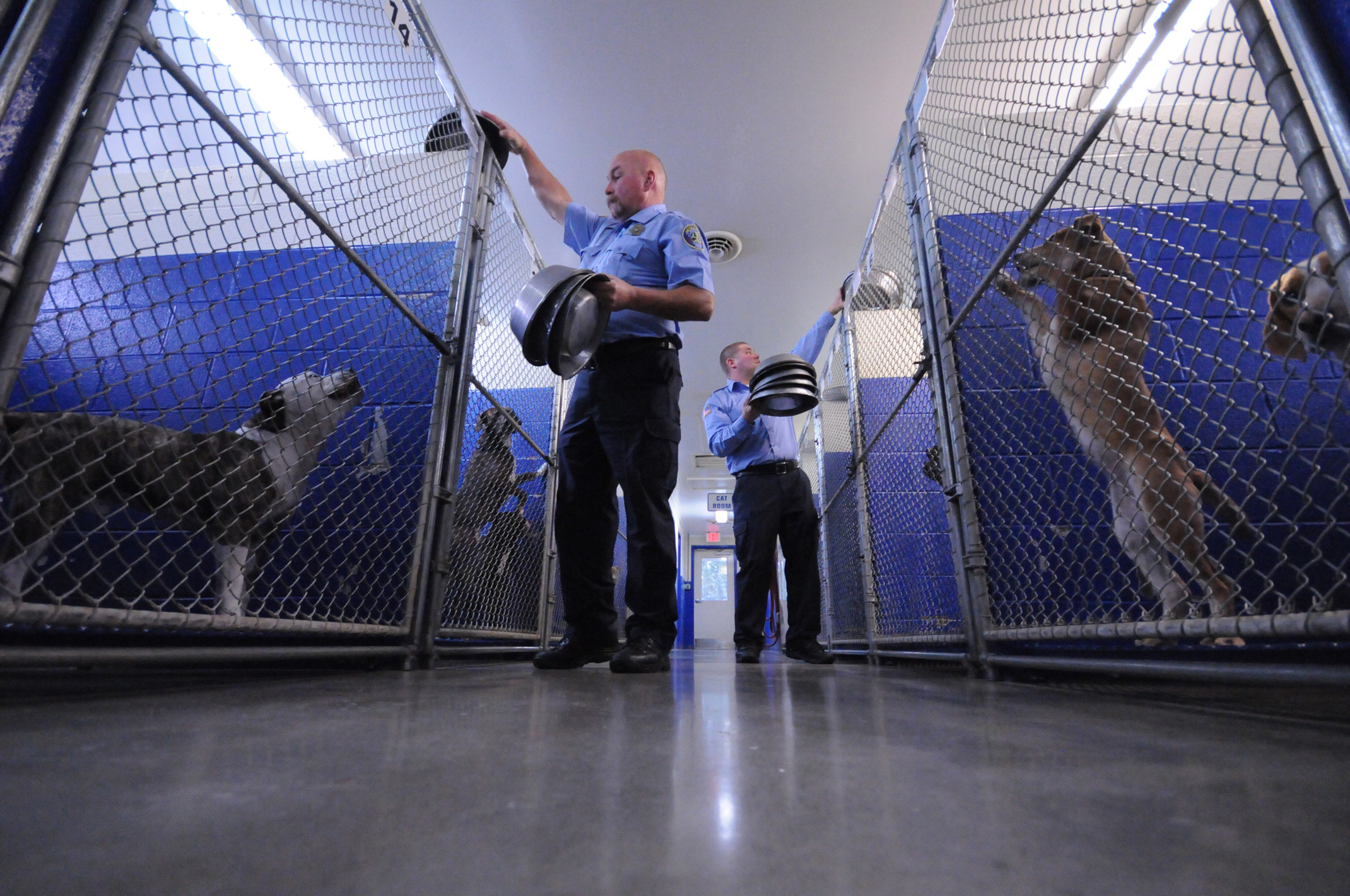Animals' lives are being saved in the Cleveland, Tenn., Animal Shelter, but the local grass-roots activist group Cleveland for a No Kill City claims that new policy still needs to be set in place.
The group is requesting that the Cleveland City Council adopt a "no kill" operational policy similar to one passed in East Ridge this January.
"Our hope is that this [no kill policy] gets passed, but that is up to the City Council and the city manager and I am not sure what the holdup is," said Paul Smith, director of the Cleveland Animal Shelter.
In July 2012, the City Council implemented policy that allowed the shelter to keep animals for 72 hours before euthanizing them, which gives the group more time to find them homes.
"There is no reason to pass anything else as what we are doing is working," said Melinda Carroll, Cleveland's assistant city manager.
Cleveland for a No Kill City organizer Beth Foster said her volunteer group has reduced the number of animals that are being killed in the shelter. She said that now fewer than 3 percent of all animals admitted to the shelter are being euthanized -- down from 70 percent in June 2012. The shelter is run by the Cleveland Police Department.
Foster said that 3 percent is well below the 10 percent national criteria to qualify to be a no-kill shelter.
Foster is worried that without policy in place this progress can be reversed.
Last year, officials said that a no-kill facility would require more space and money than the current shelter has.
"We don't need any more money," Foster said. "We have proven that over the past few months as we have been saving animals with no money. It is a change in attitudes and ideas and not a money issue."
Shelter records show that since mid-November, no animals have been killed in the shelter unless they were medically suffering with no hope of getting better, deemed too aggressive for adoption or the owner requested that the animal be euthanized.
"We won the big war because the animals are not dying," Foster said, "but there is no promise of new policy."

